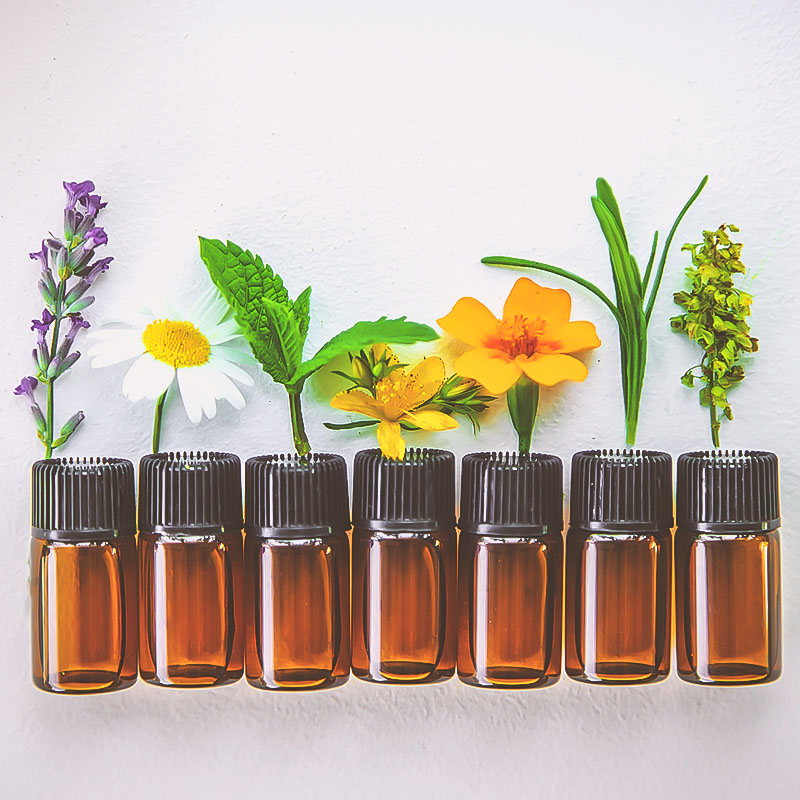You Have Questions. Lisa Has Answers.
Frequently Asked Questions
This is a comprehensive list of Frequently Asked Questions (FAQs) Lisa receives. Can’t find what you are looking for? Contact Lisa below, just click that button and message her.
Frequently Asked Questions
Your body is designed to heal, let’s support that …
General Questions
How does homeopathy differ from conventional medicine?
Homeopathy differs from conventional medicine in several ways including how symptoms are defined, how “medicines” are chosen, how much “medicine” is given, and cost.
First, homeopathy regards symptoms as the body’s healthy attempt to restore itself to balance. Therefore, a homeopathic practitioner chooses a remedy that supports, not suppresses, symptoms. Why is this? Homeopathy is based on a rule of nature called the Law of Similars. This “like cures like” Law states that a substance that can cause a “sickness” in a healthy person can help restore health to a person suffering with a similar “sickness”. For instance, when you peel an onion, your eyes burn, itch, and water. You might also have sneezing and runny nose. During a cold or allergy attack, Allium cepa, a homeopathic remedy derived from red onion, can help your body heal itself from runny nose, watery eyes, and sneezing. Conventional medicine uses antihistamines to dry up (suppress) runny nose and watery eyes, and the medication often causes drowsiness and constipation.
Second, homeopathy recognizes that each person exhibits “sickness” in a unique and slightly different way. That is why two people with the same illness will not necessarily receive the same homeopathic remedy. A homeopathic practitioner chooses a remedy that matches the unique symptom profile of the individual. For example, a person with upset stomach who is chilly and not thirsty would receive a different remedy than someone with upset stomach who is hot, sweaty, and craves water. This practice is known as Totality of Symptoms, an important homeopathy guiding principle. Conventional medicine prescribes treatments based on a diagnosis.
Finally, homeopathic remedies are less expensive than conventional medicines, costing on average $10–$20 for a bottle that contains multiple doses. Sometimes only a single dose of a remedy is needed to help the body restore health. Remedies have an extended shelf life, and each may be used for several different conditions.
Is homeopathy the same as herbalism or oriental medicine?
Although homeopathic remedies are derived from natural substances, homeopathy should not be confused with other natural healing modalities like herbalism or Traditional Chinese Medicine (TCM). Homeopathy is a unique therapeutic healing system, and the word homeopathy is not an umbrella term that includes other natural therapies.
What is homeopathy's history?
Despite the significant oppression from the orthodox medical profession, homeopathy survived and even thrived in the 1800s and early 1900s. By 1900 there were 22 homeopathic medical schools, more than 100 homeopathic hospitals, over 60 orphan asylums and old people’s homes, and 1,000+ homeopathic pharmacies in the U.S. (34) These impressive numbers alone do not provide an accurate perspective on the significant impact that homeopathy had on American life.
https://homeopathic.com/a-condensed-history-of-homeopathy/
For more historical information on the history of homeopathy, Dana Ulman is an excellent resource.
Books by Dana Ullman
What is Practical Homeopathy©?
Practical homeopathy is a practical, protocol-based approach to homeopathy.
The Banerji’s in Calcutta, India (experience of 4 generations since 1863 and research by International institutes) came up with this way of applying homeopathy in a simplified, standardized, scientific method to heal as many as they could. The clinic is comprised of 12 doctors, each seeing 100 patients a day, 6 days a week, and over 200 cancer cases per day.
You can learn more about the family here: https://www.pbhrfindia.org/blog/271-about-homeopaths-in-the-banerji-family-who-followed-pandit-ishwarchandra-ishanchandra.html
Their clinic gathers and inputs all the data into a computer so they can show the effectiveness of their protocols on pathology. They have shown that by their protocols, 80% of patients can expect a cure from the first line of medicines.
Lisa follows the following individuals and teachers regarding “practical” homeopathy.
- Joette Calabrese – https://joettecalabrese.com/
- Cristina Villacorta – https://cristinavillacorta.com/
What are combination remedies?
Combination remedies are homeopathic products that combine several different homeopathic remedies. Each remedy in the combination is known to support the body as it heals through certain conditions. For example, a combination product for earaches might contain the five most frequently used homeopathic remedies for earaches. The hope is that the combination remedy will contain the remedy needed by an individual with that condition. These combination remedies are often used for simple acute conditions.
Are homeopathic remedies regulated?
Homeopathic medicines are considered drugs under U.S. federal law, and the Food and Drug Administration (FDA) regulates the manufacture, marketing, and sale of all homeopathic remedies. Homeopathic remedies are made by homeopathic pharmacies according to standards and processes outlined in the Homeopathic Pharmacopoeia of the United States (HPUS), the official US homeopathic remedy manufacturing manual. The HPUS contains information necessary for proper identification of raw materials, techniques for remedy manufacture, and quality control measures.
Are homeopathic remedies safe?
Homeopathic remedies are FDA-regulated, non-drowsy, non-habit-forming, and non-toxic. The remedies also have no known side effects and no known drug interactions.
Can pregnant women, breastfeeding moms, or newborn babies use homeopathy?
Pregnant and breastfeeding moms and newborn parents should always check with their doctor first before using a homeopathic remedy. Homeopathic remedies are FDA-regulated, non-drowsy, non-habit-forming, and non-toxic. The remedies also have no known side effects and no known drug interactions.
Where can homeopathic remedies be purchased?
Most over-the-counter homeopathic remedies are available at natural food stores, homeopathic pharmacies, online retailers, and even some traditional grocery stores and pharmacies.
Are homeopathic remedies costly?
Homeopathic remedies cost on average $10–$20 for a bottle that contains multiple doses. Sometimes only a single dose of a remedy is needed to help the body restore health. Remedies have an extended shelf life, and each may be used for several different conditions.
When should I seek help from a professional homeopath?
Homeopathy can help strengthen the body to overcome acute illnesses such as colds, flus, earaches, sore throats, and more. For chronic conditions like asthma, depression, autism, or arthritis, find a professional homeopathic practitioner (like Lisa Wheeler, PHom) to guide the homeopathic process needed to support the body during long-standing health concerns.
Who practices homeopathy?
Homeopathy is practiced by a wide variety of healthcare practitioners including acupuncturists, chiropractors, dentists, medical doctors, naturopathic physicians, nurse midwives, nurse practitioners, osteopaths, physician assistants, podiatrists, professional homeopaths, registered nurses, and veterinarians. Individual states regulate the practice of homeopathy, and each state’s laws and requirements for practice are different.
What happens during a homeopathic consultation and what is the cost?
The first homeopathic consultation usually lasts one to two hours and can be as high as $500, depending on the practitioner’s skills/experience and the geographic location. During the visit, the homeopath will review the client’s health history and attempt to elicit a full picture of the client’s symptoms — mental, emotional, and physical. A homeopathic remedy will be chosen to match the symptom profile. Follow-up visits usually happen every eight weeks but will vary depending on the client’s needs and the practitioner’s philosophy. A follow-up visit normally lasts 30 to 60 minutes.
Will my health insurance cover a homeopathic consultation?
Most of the time health insurance DOES NOT cover homeopathic consultations. However, check with your FSA or HSA.


